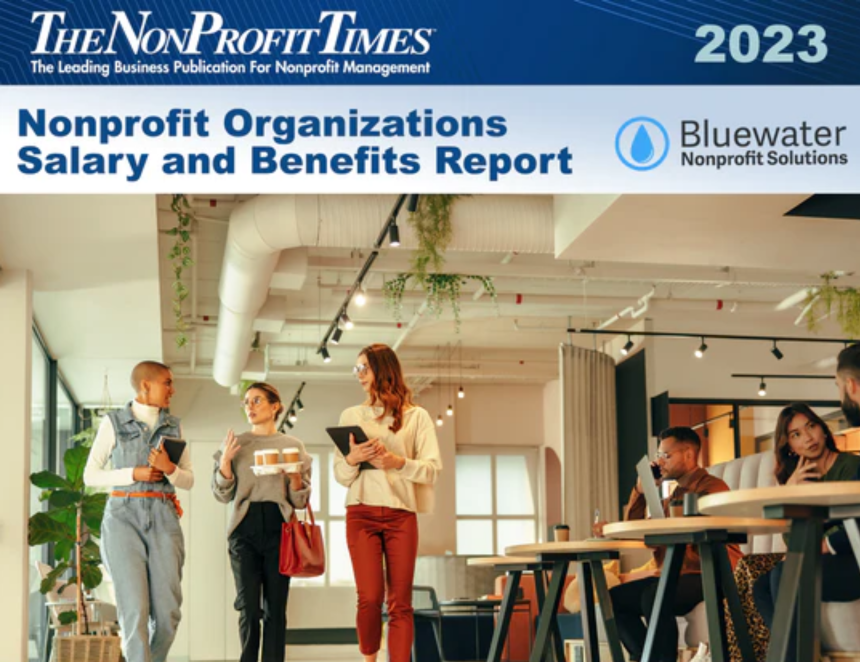A $500 stipend for community volunteering not only increased participation rates, but spurred volunteers to increase their emergency fund savings, according to research from Commonwealth, a Boston-based nonprofit that builds financial security and opportunity for financially vulnerable people.
In early 2020, Commonwealth partnered with the Los Angeles-based nonprofit Shared Harvest Fund to explore new ways to ease financial strain on households. Shared Harvest Fund specializes in finding ways for individuals with student debt to ameliorate or clear their debt through volunteer activities.
The two organizations launched a pilot program that provided a $500 “emergency savings” stipend to 100 lower- and moderate-income individuals who spent at least eight hours volunteering within their communities. When the coronavirus pandemic hit, the volunteers were routed toward the MyCovidMD initiative, which provided a variety of services to under-resourced communities.
In addition to the good works of the 100 individuals, the two sponsoring programs sought to determine:
- The impact of linking personal and community well-being on emergency savings, especially for individuals who are Black, Indigenous and/or People of Color (BIPOC);
- The carryover effects of providing “seed capital” for emergency savings regarding building or maintaining service habits;
- Whether rewarding individuals for volunteering by providing emergency savings funds increases participants’ financial security and workplace productivity, along with community well-being; and,
- Whether an increase in financially secure community members has a ripple effect among non-participants.
The research reflects a renewed focus on family savings. According to data in the report, 36% of all Americans would not be able to cover a $400 expense from savings, a figure that rises to 58% among low- to moderate-income, female-led households, 70% of Latinx households and 72% of low- to moderate-income, Black households.
The data showed that saving for more than half of all the participants exceeded the $500 infusion, with 25% of participants saving between $500 and $750 and 28% tucking away more than $750. At the program’s outset, only 29% reported that they felt “comfortable” or “very comfortable” at the beginning of the research. This level jumped to 41% by the research’s end. Many also reported an increased sense of connection to their community. Seven in 10 said their volunteer experience played at least some part in their increased financial security, according to the study’s authors.
Labeling the stipend “emergency savings” had an impact on how participants thought about the $500 payment. Even those who did not bank their payment said the designation gave them pause before they used the funds. Across the board, participants were much more conscious of the need to save for emergencies and reduce their debt, according to the study’s authors.
Participants reported gains in their mental health as well. Nearly nine in 10 (88%) said volunteering had a positive impact on their mental state. The research population was made up of a high-debt group of individuals, with much of what they owed stemming from student loans. Only one in eight (12%) of those in the program had no debt, while 39% owed between $10,000 and $100,000 and 28% owed more than $100,000. Two-thirds reported that after the program their student debt levels had not changed.
Among those not saving the seed capital, many reported immediate high-priority expenses such as rent, mortgage payments or utilities (33%), everyday expenses (24%), emergency travel (12%) or vehicle-related expenses (12%).
The program did fall short of its goal of creating buzz within their networks, whether personal/familial or social. But participants did not report an increase in the number of financially secure people within their orbits, perhaps reflecting social norms that discourage certain types of financial discussions, according to the study’s authors.
Almost two-thirds (63%) of participants would be more likely to repeat their experiences if their employers offered similar programs – initiatives that offered emergency funds in return for volunteerism. But civic pride had a role as well: 67% said the opportunity to help and engage within their community was the most important factor in determining whether they participated in similar programs.
Employers shouldn’t think of such incentives as giveaways. According to the report’s authors, employee worries about financial stability can result in decreases in worker productivity that can amount to $250 billion per year.








